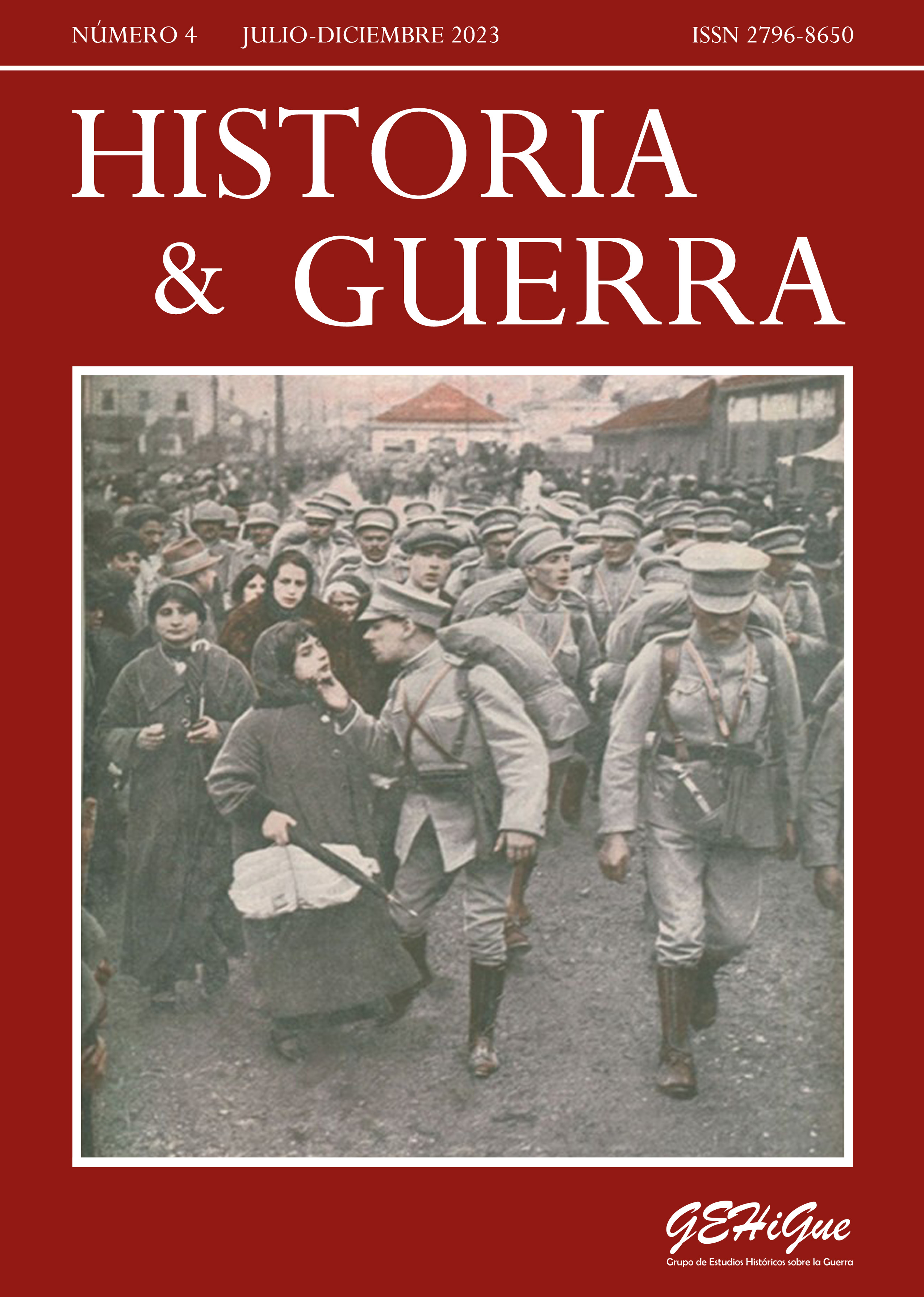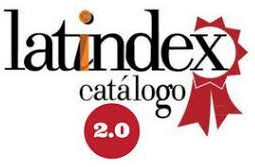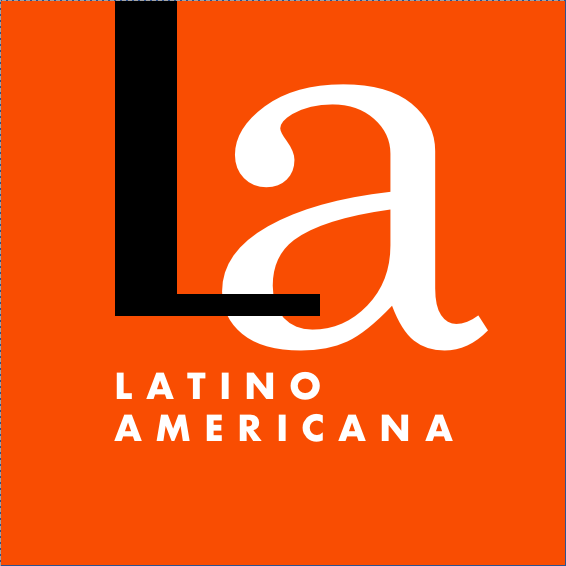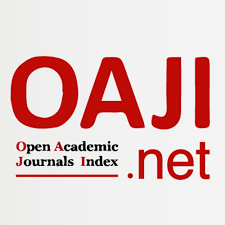The social consequences of the post-war period in the municipality of Vila Nova de Ourém (Portugal) – 1919-1925
Abstract
The municipality of Vila Nova de Ourém (Portugal), markedly rural, suffered severely from the impact of the post-World War I period. This period immediately following the end of the world conflict was characterised by the brutal increase in the prices of basic necessities. On a social level, it had dire consequences for oureense society. The City Council, by granting subsistence allowances; private individuals, providing food, clothing and money; and St Augustine’s Hospital did what they could to help the poorest. Also, the population emigrated to Brazil and France to improve their living conditions. However, emigration was an economic inconvenience, as there was insufficient labour to work in the fields. The low wages motivated the emigration wave, but from 1925 onwards, unemployment became a reality, and the Municipality invested in the construction of public works to alleviate the labour crisis.Downloads
References
Campos, E. (1943). O enquadramento geo-económico da população portuguesa através dos séculos. (2.ª ed.). Revista Ocidente.
Costa, L. F., Lains, P. e Münch Miranda, S. (2014). História Económica de Portugal – 1143-2010. (3.ª ed.). Esfera dos Livros.
Evangelista, J. (1971). Um Século de População Portuguesa: 1864-1960. Publicações do Centro de Estudos Demográficos.
Ferrão, C. (1976). História da I República. Terra Livre.
Ferraz, J. M. (1975). O desenvolvimento socioeconómico durante a Primeira República (1910-1926). Análise Social, 42/43, 454-471.
Garrido, A. (2012). Conjunturas políticas e economia. In P. Lains e A. Ferreira da Silva (org.), História económica de Portugal 1700-2000, (4.ª ed., Vol. III). ICS.
Goldey, P. (1982). Emigrantes e camponeses: uma análise da literatura sociológica. Análise Social, 18(71), 533-553.
Goldey, P. (1983). Migração e relações de produção: a terra e o trabalho numa aldeia do Minho: 1876-1976. Análise Social, 19(77-78-79), 995-1021.
Grande Enciclopédia Portuguesa e Brasileira. (Vol. XXIII). (s.d.). Enciclopédia.
José, I. (2019). Estado e Regulação do Abastecimento Alimentar na Transição para a Paz (1919-1924). In A. P. Pires, A. P. Duarte e T. Nunes (coords.), Despojos de Guerra: As consequências e sequelas da Primeira Guerra Mundial, 34, (pp. 61-74). Instituto da Defesa Nacional.
Lains, P. (2003). Os Progressos do Atraso: Uma Nova História Económica de Portugal 1842-1992. ICS.
Léon, P. (1977). Guerras e Crises (1914-1947). In História Económica e Social do Mundo. (Vol. V, Tomo I). Sá da Costa Editora.
Marques, A. H. (2010). A Primeira República Portuguesa. (Vol. I). Texto Editores.
Mata, M. E. (2002). As crises financeiras no Portugal Contemporâneo: Uma perspectiva de conjunto. In S. Campos Matos (ed.), Crises em Portugal nos séculos XIX e XX (pp. 33-56). CHUL.
Mata, M. E., Valério, N. (2003). História Económica de Portugal: uma perspectiva global. (2.ª ed.). Editorial Presença.
Neves, J. C. das. (2006). Dois Milhões de anos de Economia. (3.ª ed.). Universidade Católica Editora.
Neves, J. P. das. (2003). Vila Nova de Ourém na Primeira República: o conflito político-religioso, Apêndice. [s.n.].
Neves, J. P. das. (2005). A Fátima nos inícios do século XX: a Freguesia de Fátima (1900-1917). Rotary Club.
Neves, J. P. das. (2020). Artur de Oliveira Santos – um Republicano Idealista (1884-1955), O Administrador de Ourém ao Tempo das Aparições de Fátima. Edições Colibri.
Pires, A. P. (2011). Portugal e a I Guerra Mundial: A República e a Economia de Guerra. Centenário da República. Caleidoscópio.
Silva, A. F. da, Amaral, L. (2011). A crise orçamental e monetária portuguesa no contexto internacional (1914-1931). In F. Ribeiro de Meneses e P. Aires de Oliveira (dirs.), A 1.ª República Portuguesa: Diplomacia, Guerra e Império (pp. 51-80). Tinta da China.
Telo, A. J. (1980). Decadência e Queda da I República Portuguesa. (Vol. I). A Regra do Jogo.
Copyright (c) 2023 Fábio Oliveira

This work is licensed under a Creative Commons Attribution-NonCommercial 4.0 International License.

Historia & Guerra uses an international license Attribution-NonCommercial 4.0 International (CC BY-NC 4.0).
You are free to:
- Share — copy and redistribute the material in any medium or format.
- Adapt — remix, transform, and build upon the material.
- The licensor cannot revoke these freedoms as long as you follow the license terms..
Under the following terms:
Attribution — You must give appropriate credit, provide a link to the license, and indicate if changes were made. You may do so in any reasonable manner, but not in any way that suggests the licensor endorses you or your use.
NonCommercial — You may not use the material for commercial purposes.
No additional restrictions — You may not apply legal terms or technological measures that legally restrict others from doing anything the license permits.
Notices:
You do not have to comply with the license for elements of the material in the public domain or where your use is permitted by an applicable exception or limitation.
No warranties are given. The license may not give you all of the permissions necessary for your intended use. For example, other rights such as publicity, privacy, or moral rights may limit how you use the material.
The author retains all rights to his work without restriction and grants Historia & Guerra the right to be the first publication of the work. Likewise, the author may establish additional agreements for the non-exclusive distribution of the version of the work published in the Journal (for example, placing it in an institutional repository or publishing it in a book), with the acknowledgment of having been first published in this journal. Use of the work for commercial purposes is not permitted.














.jpg)















